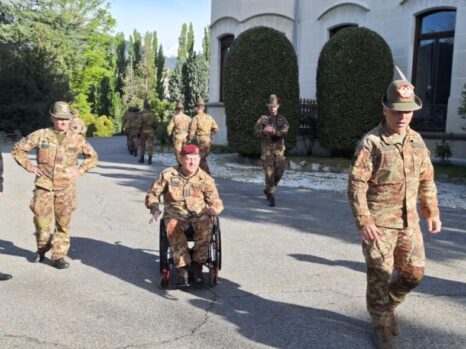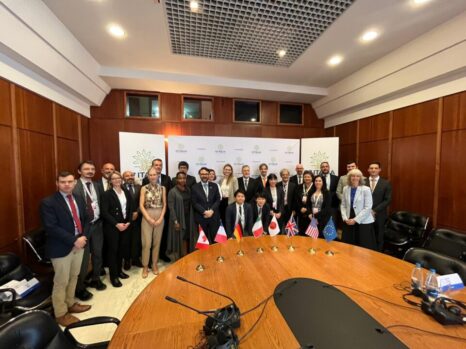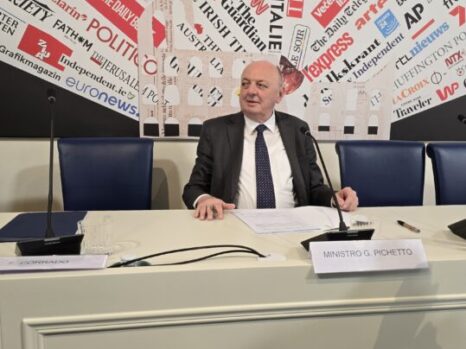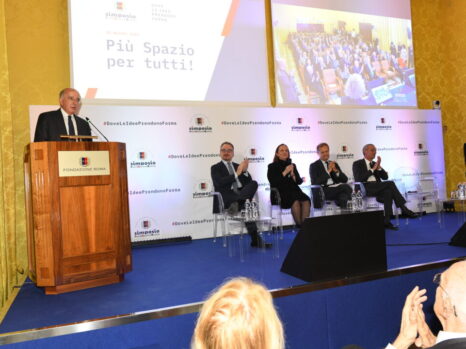Di Vincenzo Santo*
Da Stratfor (28 e 30 luglio 2017)
Russian President Vladimir Putin said Russia will expel 755 U.S. diplomatic staff and could consider imposing additional measures against the United States as a response to new U.S. sanctions, Reuters reported July 30. Moscow ordered the United States on July 28 to cut hundreds of diplomatic staff and said it would seize two U.S. diplomatic properties after the U.S. Congress approved new sanctions on Russia.
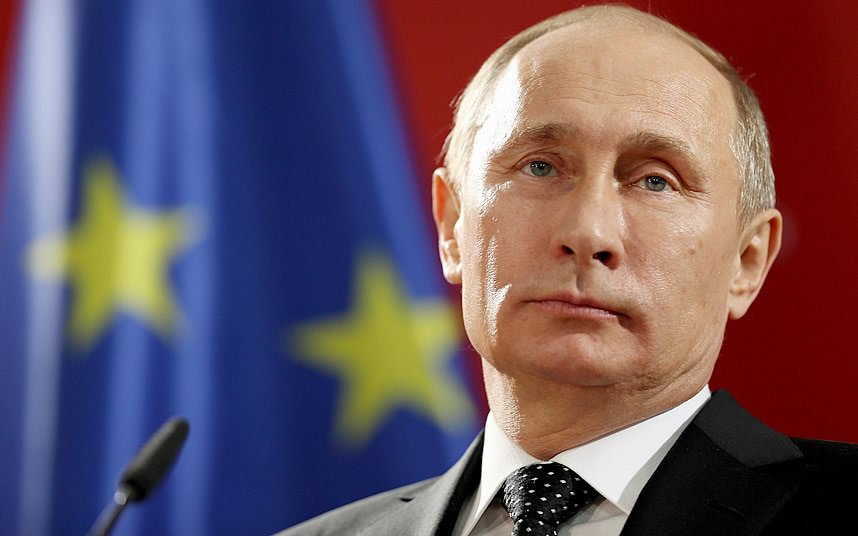
Il Presidente russo, Putin ha deciso di espellere 755 diplomatici americani
Putin said in an interview that the diplomatic and technical staff would have to leave Russia by Sept. 1. When it comes to responding to Washington’s actions, Moscow has creative options for retaliation. (…) The day after the new sanctions bill was passed in the U.S. House of Representatives, Konstantin Kosachev, the head of the Foreign Affairs Committee of Russia’s Federation Council, declared that “the future degradation of bilateral cooperation is becoming inevitable.” He further noted that Russia’s reaction to the United States will “not be a symmetrical one, but one that is painful for the Americans.” (…) Kosachev’s promise to issue an asymmetrical response suggests that Moscow will not react to U.S. sanctions in kind, nor will it stop at its July 28 announcement that it would expel U.S. diplomats and seize two properties belonging to the U.S. Embassy. In some ways this isn’t surprising, since Russia has much less economic leverage over the United States than Washington does over Moscow. (…) Moscow thus is unlikely to limit its reply to new U.S. sanctions to its recent moves against U.S. diplomats and properties in Russia. The Kremlin has stepped up its involvement in several theaters where Washington has strategic interests, including Syria, North Korea, Venezuela and Afghanistan. By positioning itself as an important power in these areas, Moscow has cleared a more circuitous path of influence: It can cooperate with Washington when negotiations are steadily progressing, and undermine U.S. interests when they aren’t.
*Generale CA ris



